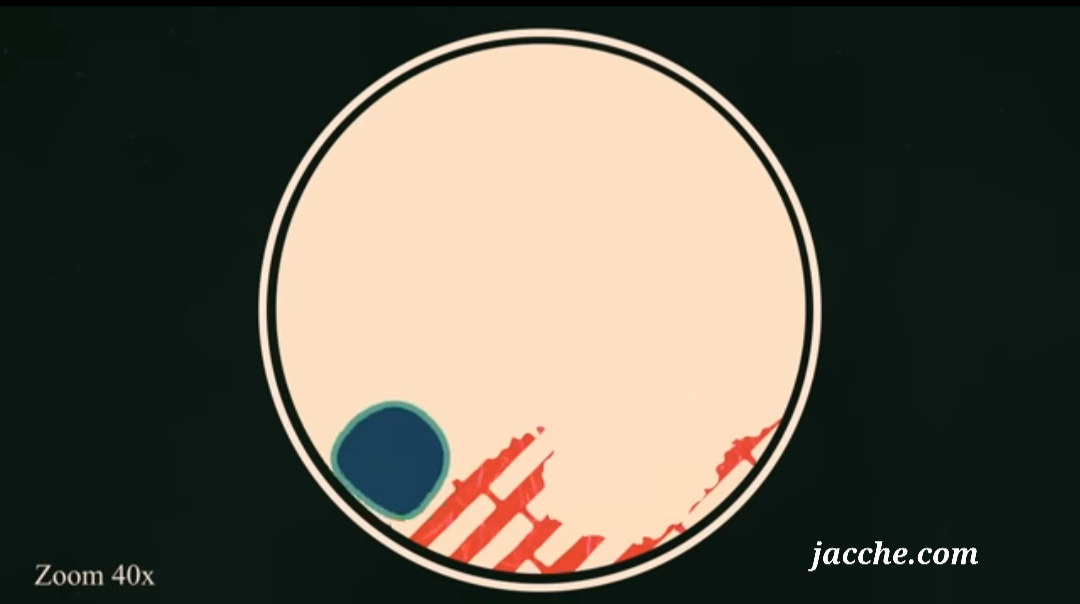Plastic Degrading Microbes
Microorganisms are everywhere we could possibly imagine. It’s in and outside of body as well as in our surroundings. They are the protagonists for decomposition of almost any in the environment. Animal body, trees, human body everything. But there’s one thing microbes haven’t been able to degrade. That is plastic.
Plastic is a human made polymer that is produced at a very high temperature containing complex and very large molecular structures. Some of them are Polyethylene, polypropylene and polyester terephthalate. These polymers have really strong bonds in their structures which require higher temperature to break. Microbes around this temperature cannot survive. More importantly, most plastic polymers were made in the 1950s. So the microbes were not able to produce that could degrade plastics. As a result plastics don’t decompose rather turn into smaller pieces as microplastics entering the food chain causing disruption and hige pollution. So scientists have been searching for any microbe that could degrade the plastics. In 2016 a group Japanese science were working with a sludge sample from a local plastic recycling plant. They found a never-before discovered bacteria named Ideonella sakaiensis 201-F6 which contained two enzymes capable of slowly degrading the Polyester terephthalate or PET at relatively low temperature. These two enzyme coding genes were combined and formed a much more efficient enzyme to degrade it. But still it took a week to degrade a thin layer of PET. Another group of scientists in Japan found enzymes that could degrade PET at a higher temperature. But this is for only one type of plastic. We need to search for more microbes that can biologically decompose the other types of plastics as well.
For more watch this TED-ED video about plastic degrading microbes with amazing animation and information.
Introduction :-
You Can Visit Our Websites :- JACCHE.COM
Facebook Pages :-
(1) ভালবাসা_
(2) Advanced Products
(3) Jacche.com
YouTube Channel :- Apu Chandro Sorker
About Author:











